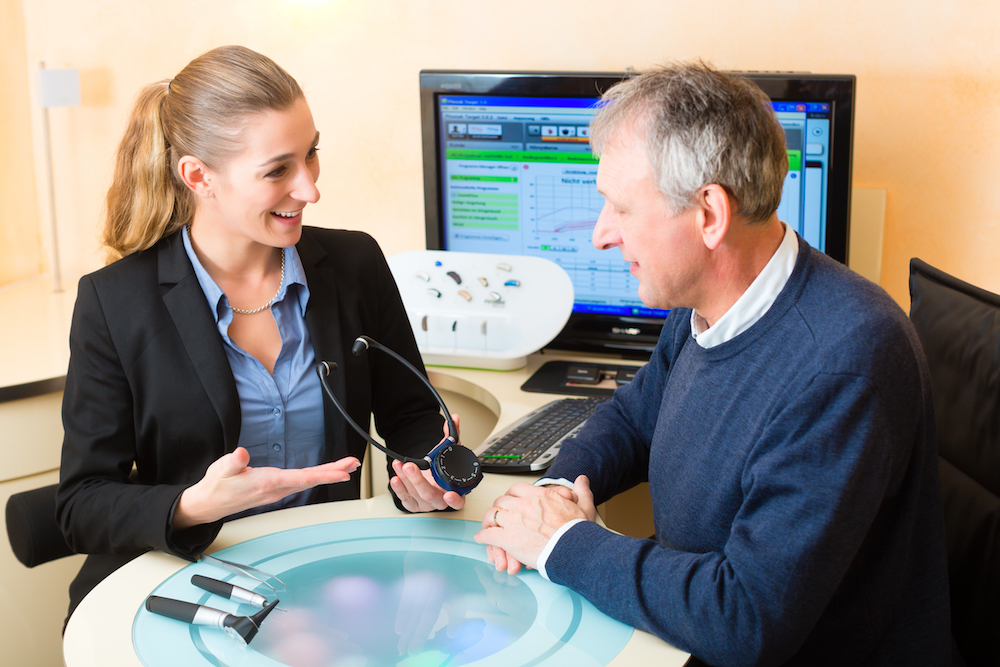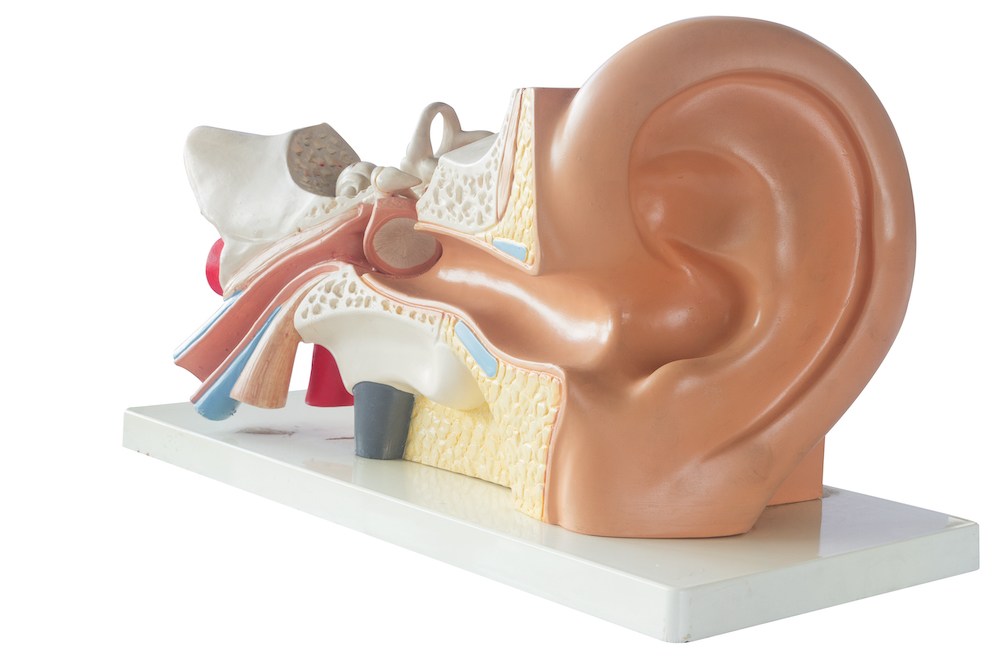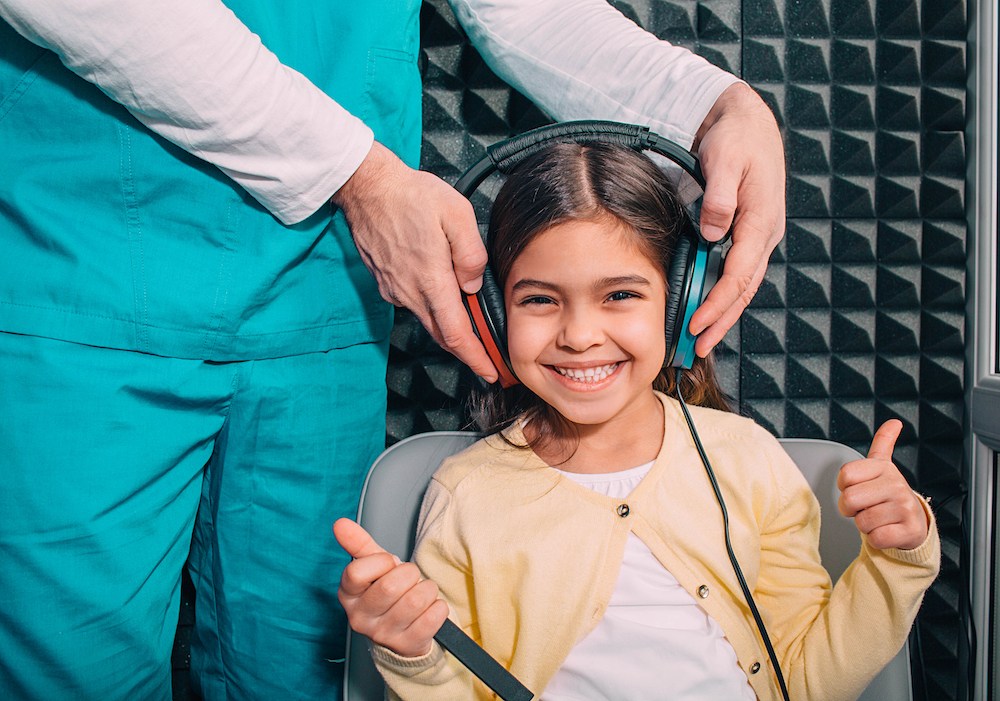How to Choose the Right Hearing Instrument Specialist for You
Many individuals often ignore their hearing loss, which can lead to


Many individuals often ignore their hearing loss, which can lead to

Tinnitus is a common symptom of an underlying condition that causes a

According to the National Institute of Hearing Loss, approximately 40